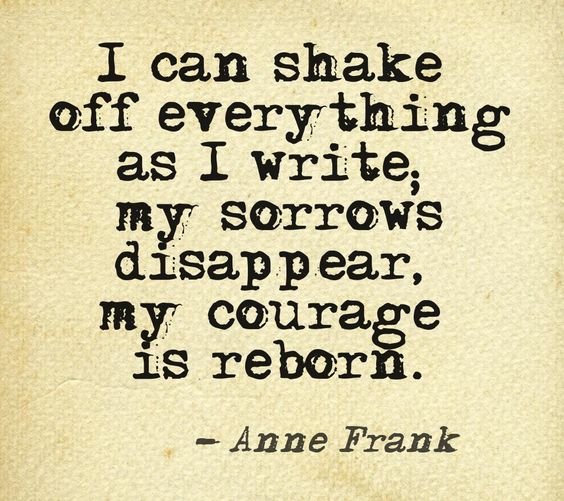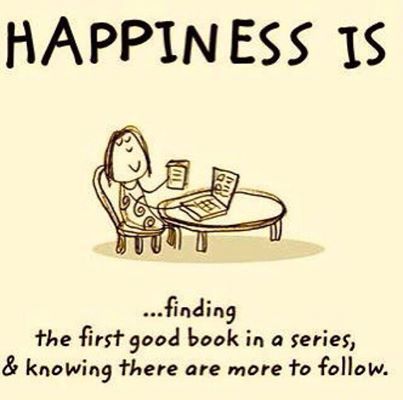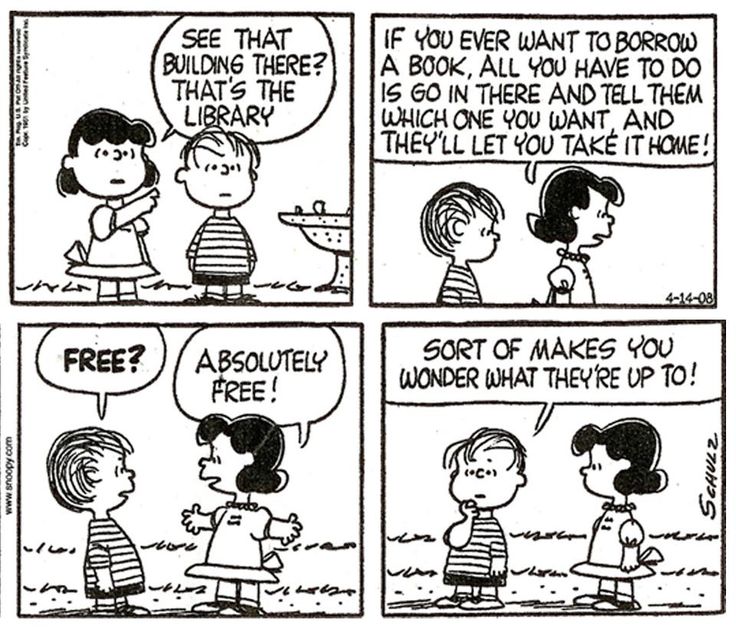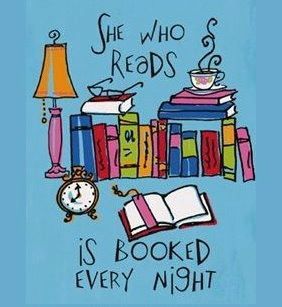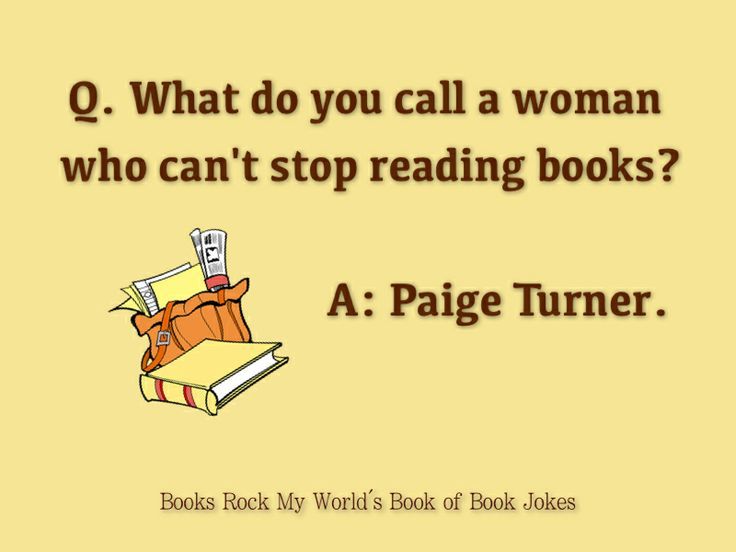Intrigued by Islands
I just finished reading a book titled “The House at the Edge of the Night” by Catherine Banner, the setting of which is a magical island off the coast of Italy (fictional). The novel itself is an epic saga of four generations of a family on the island, spanning roughly 100 years, and is reminiscent of the classic “One Hundred Years of Solitude” by Gabriel Garcia Marquez.
After I had finished the book, I was left with a lingering sense of longing for the place, as if I had just left a Mediterranean island. I started thinking about all the books set on islands that I have read. Starting from classics like “Robinson Crusoe” , “Treasure Island” and Shakespeare’s “Tempest” that I read as a child, to mystery novels like “And Then There Were None” (Agatha Christie), novels chronicling everyday life in real islands such as “A House for Mr. Biswas” by V. S. Naipaul set in Trinidad, historic novels set in the Caribbean (St. Thomas) such as “A Marriage of Opposites” by Alice Hoffman, romances set in faraway islands such as “Canary Island Song” by Robin Jones Gunn, and contemporary women’s novels such as the novels set on Nantucket penned by Elin Hilderbrand (“The Rumor“, “The Matchmaker“, “Beautiful Day“, to name a few)- there is a timeless appeal to islands where picturesque surroundings and small close-knit communities provide excellent backdrops for romance, intrigue, human behavior and even mystery.
Remote islands are exotic and exciting by virtue of their seclusion. The idea of a traveler or vagabond falling in love with an island belle is the epitome of romance. Murder on an unknown sparsely populated island-there are limited characters and locations to work with, making the guessing game even more exciting. If you want to add a mythical dimension/ folklore to your yarn, an island is the perfect setting because such tales never leave an island.
This reminds me of a time in middle school when I had first read about Easter Island. I was fascinated by the statue of the Moai and I wrote a story about a young girl traveling to Easter Island who got separated from her group and was led by the Moai (yes, she felt the statues were giving her instructions) to a secret cave which was a mass burial ground. At this point she passed out and was later rescued by her team.
I’ll stop here, and try to find another novel set on a tropical island. I can almost imagine being on that island, the air thick with heat and humidity, the nights fragrant with jasmine, the foliage thick and lush green, hiding insects and lizards within its fold, the streets inundated with music and laughter- in the midst of which secrets are being passed between the characters. (Let me know if you have read such a novel lately!)











